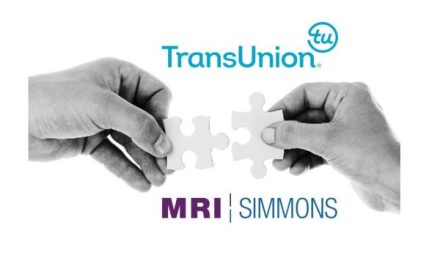The Hong Kong Financial Services Development Council recently has published a paper “Building the Technological and Regulatory Infrastructure of a 21st Century International Financial Centre: Digital ID and KYC Utilities for Financial Inclusion, Integrity and Competitiveness”
 Based on the discussion outlined in this paper, the FSDC recommends:
Based on the discussion outlined in this paper, the FSDC recommends:
- Urgently to revise the current regulatory environment to facilitate non-face-to-face customer on-boarding;
- That the forthcoming eID system urgently consider elements necessary to support its use in the context of digital and non-face-to-face customer identification in the financial sector including the Government establishing appropriate infrastructure to share trusted source data;
- A Hong Kong KYC utility be established to address CDD requirements, supported by appropriate systems of digital ID for both individuals and legal entities;
- That the Government issue a clear statement that there will be, and its support for, a KYC utility in Hong Kong;
- That the Government provide systems to check trusted data available via such KYC utility – ideally through an eID data catalogue system – to support up-to-date accurate data verification, preferably without actually transferring such trusted source data to the KYC utility (in order to address data protection and cybersecurity concerns);
- The customer to continue to be the data owner; and
- A KYC utility working group be established to address many of the issues and challenges highlighted in this paper including who should own and operate a KYC utility – the public sector, private sector or a combination of both – and how it should be regulated or supervised; how should data be made available to or stored in a KYC utility, and how should customer consents be provided
Performing and verifying customer identity and carrying out Know Your Client (“KYC”) due diligence, both on acceptance of a new customer (on-boarding) as well as on an ongoing basis are fundamental pre-requisites for the maintenance of market integrity. In particular, customer identification and due diligence are essential tools in maintaining confidence and trust in the financial system and reducing the likelihood of criminal or terrorist access to financial services. These are embodied in a wide range of AML/CFT/CDD (anti-money laundering / countering the financing of terrorism / customer due diligence) requirements, based on internationally agreed approaches. In addition, they are at the basis of understanding customer needs and requirements essential to providing financial services in an appropriate manner, often summarized under the general framework of suitability and related KYC requirements.
At the same time, however, these requirements also restrict access to financial services in some cases and therefore must be balanced against objectives of financial inclusion, overall customer experience, financial competitiveness and economic growth. Technology presents opportunities to reconsider existing systems and to build the infrastructure necessary to balance market integrity, financial inclusion and economic growth in order to support Hong Kong’s economy and its role as an international financial centre while at the same time meeting commitments to international financial standards including the Basel Committee on Banking.
Editorial comment: It high time that the HK Financial Services Development Council is taking up this issue. It has become common knowledge that in Hong Kong the onboarding and KYC compliance process is broken. It takes months to obtain a bank account and customers are inconvenienced by a temporary shutdown of international payments while the compliance process is in motion.
To read the full report click on this link: FSDC digital ID paper final June 2018


























